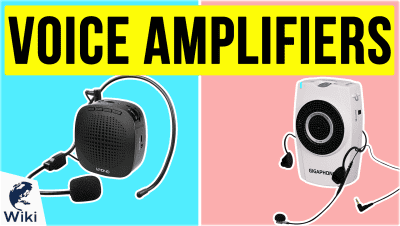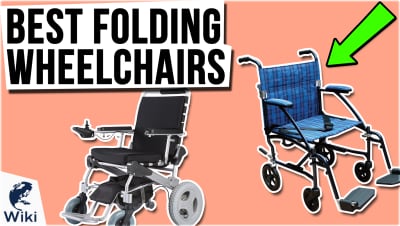5 Organizations Challenging The Stigma Of Disability
Not only can living with a disability make it challenging to perform daily tasks, but the stigma associated with it can also lead one to feel hopeless and isolated. Fortunately, there are many organizations working to support those with disabilities and challenge society's preconceived notions around depression, Autism, and more. In no particular order, here are some groups dedicated to making the world a more inclusive place.
First up, at #1, we have Rooted in Rights, which produces videos and social media campaigns focused exclusively on disability rights issues. The group tells stories that aim to challenge stigma and redefine narratives around mental health and chronic illnesses. It also adds captions, audio descriptions, and transcripts in its content to ensure accessibility.
Its Parenting Without Pity project allows caretakers to draw from their own experiences to help others become better allies for their disabled children; the initiative features a 20-episode podcast series. The Rooted in Rights blog publishes pieces that share perspectives on disability and amplify critical issues.
Next, at #2, is Erasing the Distance, a nonprofit arts organization that uses the power of performance to disarm stigma, educate others, and promote dialogue about mental health. Founded in 2005, it stages shows for the general public at local venues throughout Chicago and leads outreach programs that provide youth with an opportunity to explore, share, and perform their own stories.
The group collects true accounts from people whose lives have been impacted by mental health issues; its library contains hundreds of interviews covering a wide range of identities, perspectives, and diagnoses. It also hosts free virtual storytelling events performed by professional actors, followed by a dialogue with artists and staff.
Taking the #3 spot is iFred. This organization is dedicated to shining a positive light on depression and eliminating the stigma associated with it through prevention, research, and education. Among its projects is Hopeful Cities, a website full of resources that aim to equip cities worldwide with the tools necessary to create, maintain, and grow hope.
Through its Hopeful Minds curriculum, the organization strives to provide students, teachers, and parents everywhere with the resources they need to develop a positive mindset and prevent hopelessness. Its Gardens for Hope project seeks to raise awareness of depression by encouraging others to plant sunflowers at local community gardens, parks, schools, or even at home.
At #4 is the Disability Visibility Project, an online community dedicated to creating, sharing, and amplifying disability media and culture. It was founded by Alice Wong, who also offers various research and consultation services centered on disabled people, including presentations and workshops on a wide range of subjects.
Wong also hosts the Disability Visibility podcast, which features conversations on politics, culture, and media. The organization's Book Circle also gave one-time grants to disabled writers so they could organize literary events with captioning and ASL interpreters.
Finally, at #5, we have the Arc of the United States, which promotes and protects the rights of people with disabilities and actively supports their full inclusion and participation in the community throughout their lives. As a part of its efforts, the organization provides training and resources to help families and other stakeholders navigate the special education system.
The group helps its corporate clients create sustainable and inclusive hiring programs, offering services such as recruitment, corporate trainings, accessibility assessments, and more. Among its other initiatives is the Wings for All program. This initiative aims to alleviate some of the stress that those with disabilities experience when traveling by air; families can learn how their loved ones might react to different stimuli in the airport.




